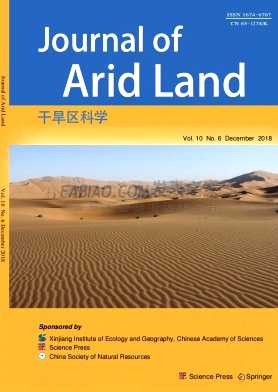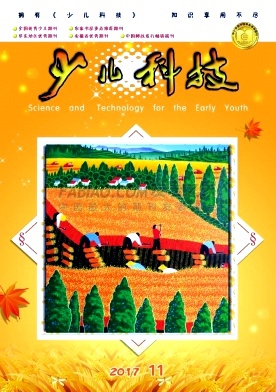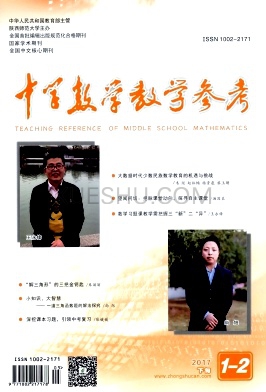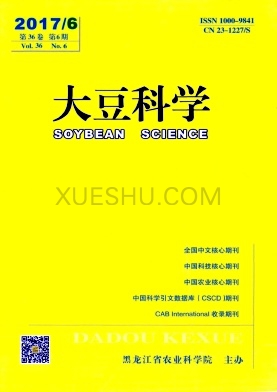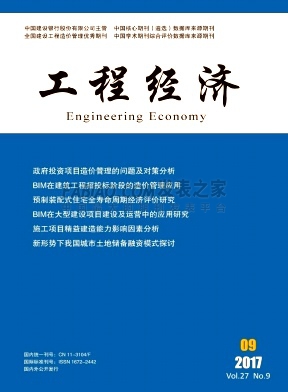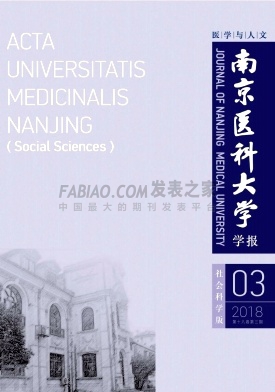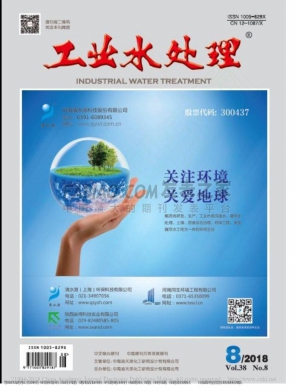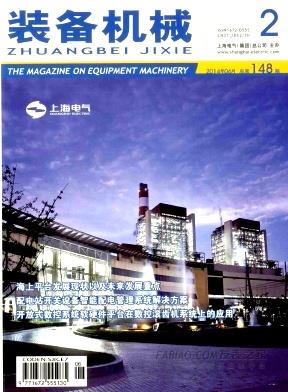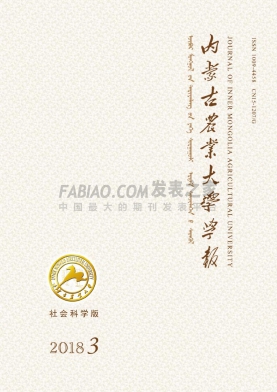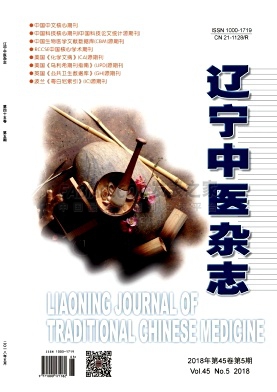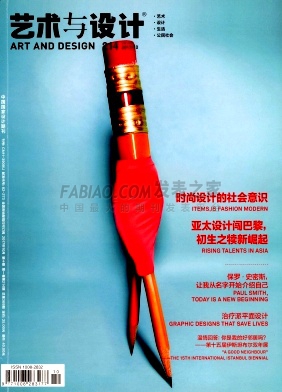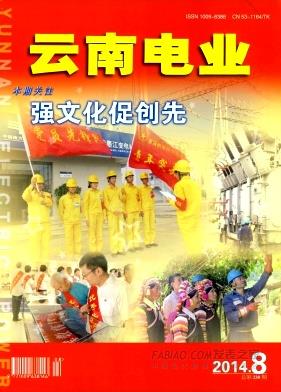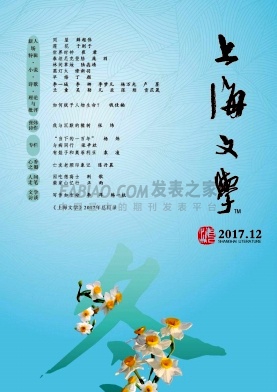Keywords: Immediately after the abstract, provide 3 to 7 keywords, closely related to the subject of the article. Avoid general and plural terms and multiple concepts (e.g., 'and', 'of').
Introduction: Provide an adequate background. State the significance, objective and method of the research, citing necessary references, especially references of work published in the last two to three years.
Study area/materials and methods: Introducing a general idea of the study area or experimental setting, the materials and methods used and the basic progress of the study. Provide sufficient detail to allow the work to be reproduced or substantiated.
Methods already published should be indicated by a reference.
Results: Relating the findings and results of the observation(s) and experiment(s) without interpreting their meaning. Results should be clear and concise.
Discussion: Explaining all of your observations within your experiment(s). Exploring the significance of the results, but do not repeat them in the text. Stating whether each of your hypotheses are supported, rejected or if you cannot make a decision with confidence, and suggesting future studies or modifications to the same study.
Conclusions: Presenting main conclusions of the study that may stand alone or creating a discussion subsection.
Acknowledgements: Acknowledgements should include, if applicable, information on grants received, funding organizations, and/or recognition of people who assisted in the research or article.
References: Please cite a reference to acknowledge sources of information from others’ research and results. Ensure that
every reference cited in the text is also present in the reference list. Citation guidelines are as follows: as (Smith, 1998) for single author, as (Smith and Miller, 1999) for two authors, and as (Smith et al., 2006) for three or more authors. Groups of references should be listed first chronologically, then alphabetically. In the reference list, references should be arranged first alphabetically, then chronologically, if necessary. More than one reference from the same author(s) in the same year must be identified by the letters "a", "b", "c", etc., placed after the year of publication. Journal names should not be abbreviated.
Reference examples:
Articles: Ames R N, Reid C P P, Porter L K, et al. 1983. Hyphal uptake and transport of nitrogen from two 15N-labelled
sources by Glomus misseae, a vesicular-arbuscular mycorrhizal fungus. New Phytologist, 95(3): 381?396.
Monograph: Lambers H, Stuart Chapin ΙΙΙ F, Pons T L. 2008. Plant Physiological Ecology. 2nd ed. New York: Springer Science+Business Media, 56?64.
Proceedings: Bernstein N, Kafkafi U. 2002. Root growth under salinity stress. In: Waisel Y, Eshel A, Kafkafi U. Plant Roots,
the Hidden Half. New York: Marcel Dekker Press, 787?805.
Electronic reference: UNESCO World Heritage Centre. 2008. Operational Guidelines for the Implementation of the World
Heritage Convention. Paris: UNESCO World Heritage Centre. [2009-11-17].
